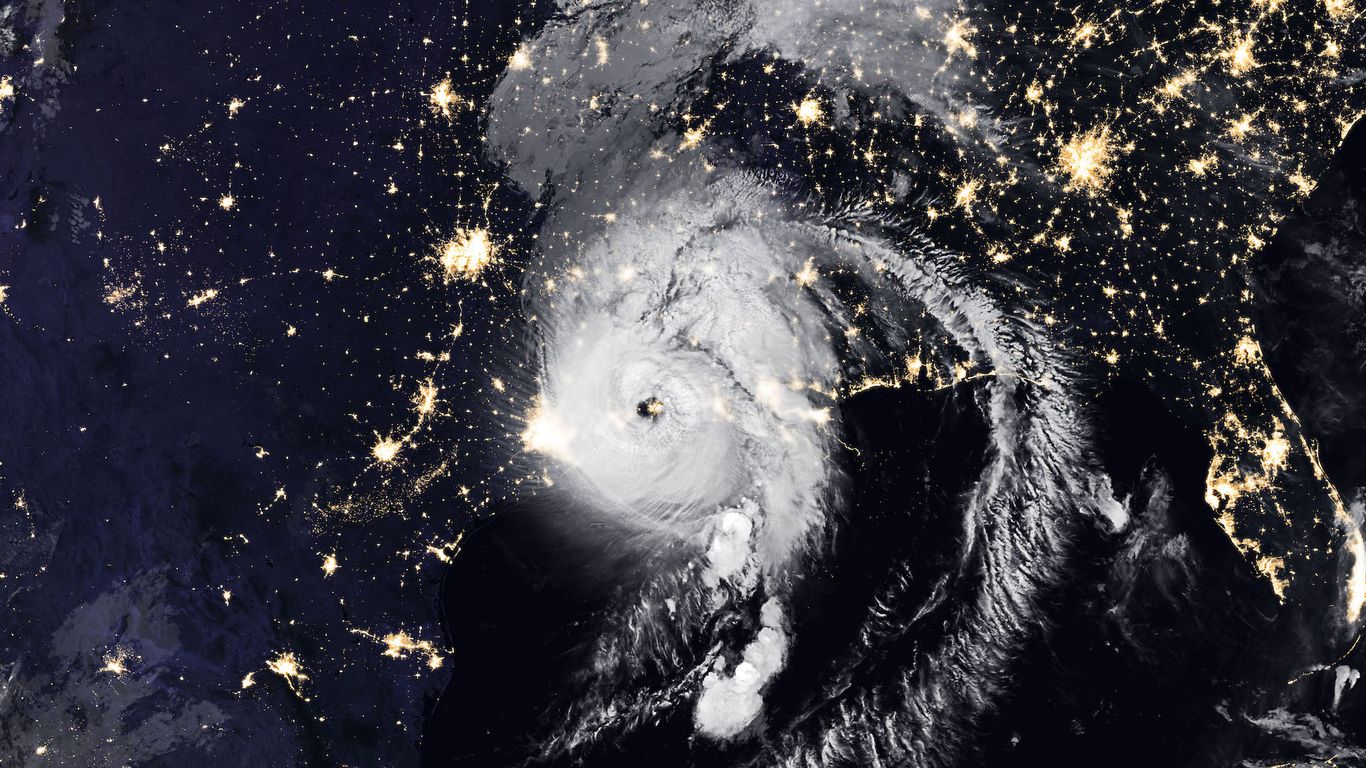2 min
Expert: No easy solutions to protect power grid from crippling gunfire attacks
A Tulane University expert on homeland security says recent attacks and vandalism on electrical substations have raised questions about protecting these valuable pieces of America’s infrastructure. Last week, gunshots severely damaged two substations in Moore County, N.C., leaving 45,000 homes and businesses in the dark. Power has since been restored. A day later, gunfire was reported near the Wateree Hydro station in Ridgeway, S.C. Michael Wallace, program director for emergency and security studies at Tulane University’s School of Professional Advancement, says the biggest drawback to better protection for these vital components goes back to requirement and cost. “The power grid and electrical substations are critical infrastructures of the United States, and we haven't seen direct threats against substations in several years,” Wallace said. “We know these substations are vulnerable. Power companies have not put forth the effort to protect substations because the government does not require them to do so. More importantly, implementing better protection would come at a great expense, likely raise electrical rates, and that cost would be passed on to the customers. But the tradeoff is if you harden these things, there's a good possibility they will be more difficult to attack.”These incidents on the East Coast followed attacks at six substations in Oregon and Washington over the past two months. According to Energy Wire, there are more than 55,000 substations nationwide, which are considered critical components of the power grid.“The North Carolina attack was very effective for a short duration. If you have a group who wants to cause suffering for people, especially in the winter or in the heat of summer, this is a serious threat,” Wallace added.Wallace is available for media interviews and can be reached at mwallac4@tulane.edu or roger@tulane.edu.





